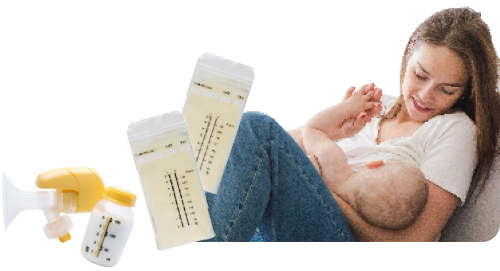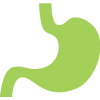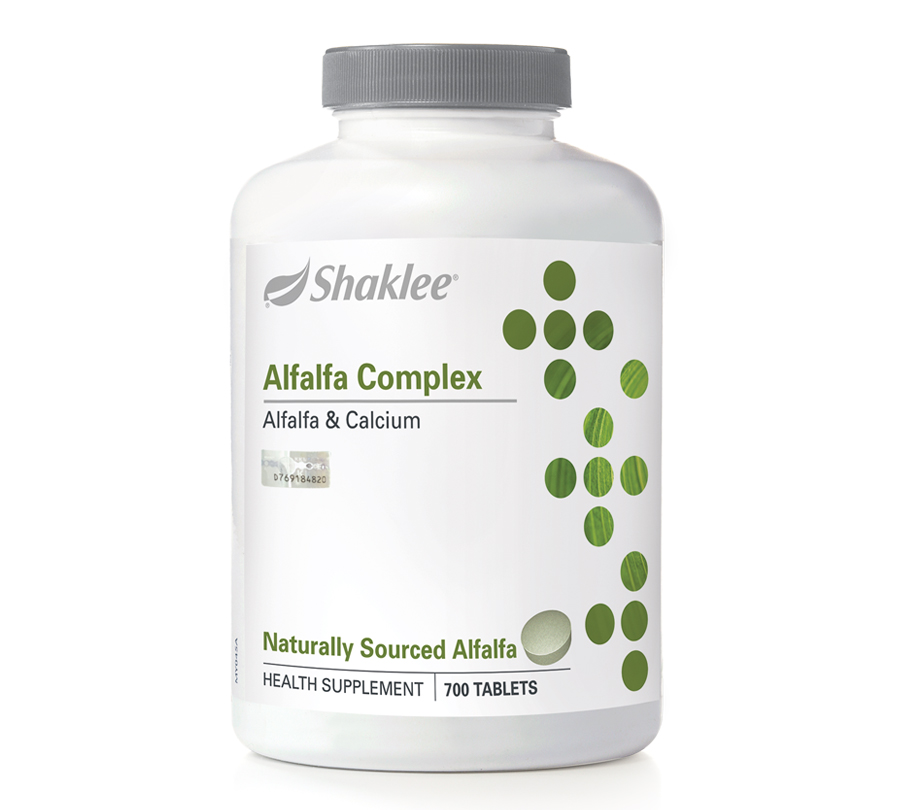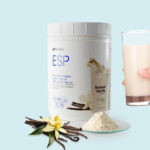Alfalfa, Your Natural Milk Booster And More!

Alfalfa, Your Natural Milk Booster And More!
Breast milk is chock-full of nourishing nutrients and protective compounds that will promote baby’s health, growth and development. One of the nutrients essential to boost breast milk production is alfalfa. It’s naturally nutritious as it contains more than 300 nutrients and minerals to promote a healthier you!
Boosts Breast Milk Production
- Acts as natural galactagogue, a substance that helps boost and sustain breast milk supply by stimulating and increasing breast milk tissue and milk supply.1,2
- Rich in vitamins and minerals including iron, calcium and vitamin Bs which are essential for healthier breast milk to promote baby’s health.


Cleanses and Detoxifies
- Acts as blood & liver purifier.
- Replenishes supportive vitamins and minerals in the liver for optimum functions.

Alkalinising Effect
-
Neutralises the acidifying effect of high fat, high protein diet.
-
Relieves body odour, bad breath, sensitive skin, indigestion and fatigue.

Reduces Inflammation
-
Suppresses the production of pro-inflammatory cytokines.3
-
Reduces body’s inflammatory responses3 such as joint pain, muscle soreness, cardiovascular disease and insulin resistance.

Supports Immune Health
- Stimulates production of white blood cells.4
- Acts as antioxidant to combat oxidative stress.4

Aids Digestion
-
Acts as a prebiotic and promotes good digestive health.5
-
Contains digestive enzymes2 that helps to relieve bloating and excess gas.

Promotes Hair Health
-
Combats scalp ageing and stimulates hair growth.6
-
Provides nutritional support and improves blood circulation in the scalp7 for healthier hair.
References:
1. Bekoe, E., Kitcher, C., Gyima, N., Schwinger, G., & Frempong, M. (2018). Medicinal Plants Used as Galactogogues. Pharmocognosy – Medical Plants. doi: 10.5772/intechopen.82199
2. Javan, R., Javadi, B., & Feyzabadi, Z. (2017). Breastfeeding: A Review of Its Physiology and Galactogogue Plants in View of Traditional Persian Medicine. Breastfeeding Medicine, 12(7), 401-409. doi: 10.1089/bfm.2017.0038
3. Hong, Y., Chao, W., Chen, M., & Lin, B. (2009). Ethyl acetate extracts of alfalfa (Medicago sativa L.) sprouts inhibit lipopolysaccharide-induced inflammation in vitro and in vivo. Journal Of Biomedical Science, 16(1), 64. doi: 10.1186/1423-0127-16-64
4. Bora, K., & Sharma, A. (2010). Phytochemical and pharmacological potential ofMedicago sativa: A review. Pharmaceutical Biology, 49(2), 211-220. doi: 10.3109/13880209.2010.504732
5. Adams, S., Xiangjie, K., Hailong, J., Guixin, Q., Sossah, F., & Dongsheng, C. (2019). Prebiotic effects of alfalfa (Medicago sativa) fiber on cecal bacterial composition, short-chain fatty acids, and diarrhea incidence in weaning piglets. RSC Advances,
9(24), 13586-13599. doi: 10.1039/c9ra01251f
6. Bonte, F., Meybeck, A., & Massiot, G. (1996). Use of medicago saponins for the preparation of cosmetic or pharmaceutical compositions, especially dermatological compositions, promoting renewal of the epidermis, stimulating hair regrowth or
delaying hair loss. United States.
7. Kumar Jain, P., Das, D., & Das, C. (2017). Prospect of Herbs as Hair Growth Potential. Innovare Journal Of Medical Sciences, 5(1).








